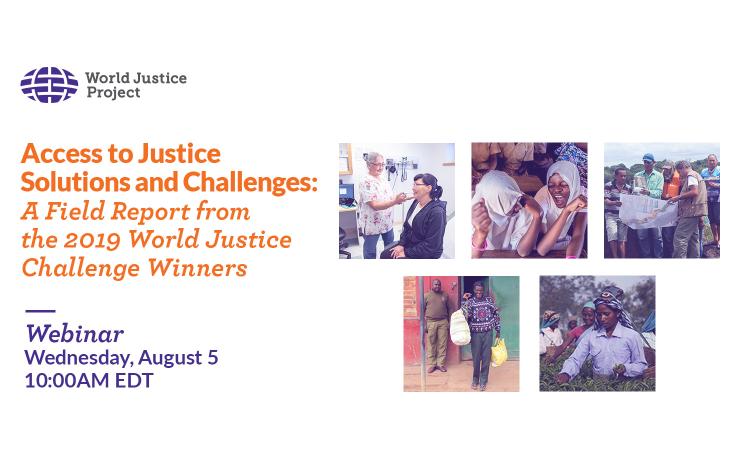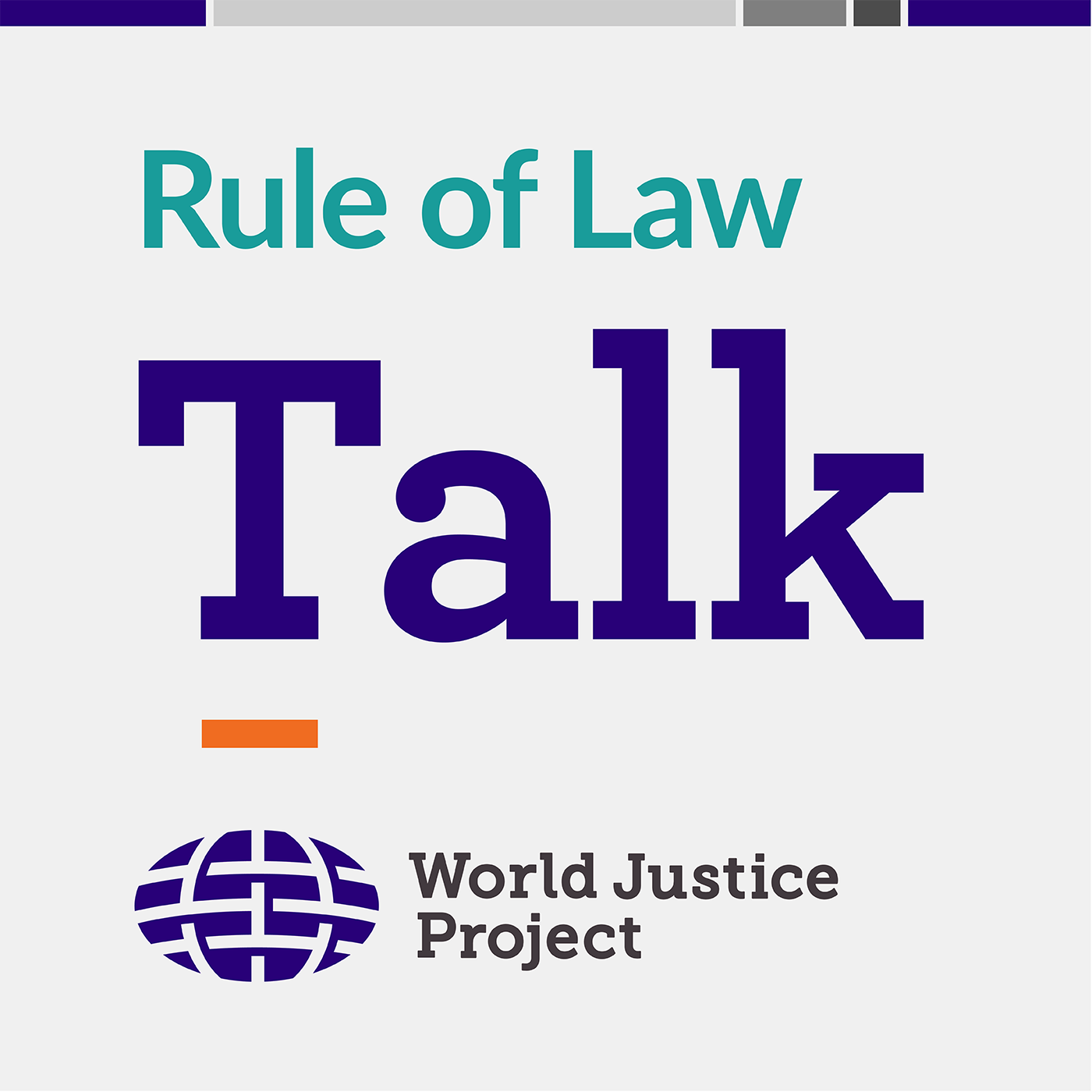As the world continues to deal with the consequences of COVID-19, the World Justice Project has embarked on a multidisciplinary initiative to better understand the relationship between public health and the rule of law. Check out our new policy brief series "The Twin Crises of Public Health and the Rule of Law," as well as online events including "Access to Justice Solutions and Challenges: A Field Report from the 2019 World Justice Challenge Winners," a discussion of how 2019 World Justice Challenge winners' work has evolved over the past year in terms of impact, reach and innovation, and the challenges they have faced.
This podcast addresses the following questions: What are some of the particular challenges native communities face in accessing justice? What are some of the good examples being developed for building back better and overcoming this pandemic and legacies of injustice?
Joining WJP's Killian Dorier to help us discuss these questions are Nikole Nelson, Executive Director of the Alaska Legal Services Corporation, and Walter Flores, Executive Director of the Center for the Study of Equity and Governance in Health Systems or CEGSS in Guatemala. Nikole and Walter have both been working on the intersection of access to public health and indigenous communities for years. Nikole lives in Alaska where she leads the Partnership for Native Health, an innovative project using legal empowerment and education as a tool to improve the health and safety of tribal members. The initiative was one of the five winning projects of the World Justice Project's World Justice Challenge in 2019. Walter has worked in more than 30 countries spanning Latin America, Africa, Asia, and Europe on the intersection between access to health and indigenous populations, legal empowerment and community participation.







